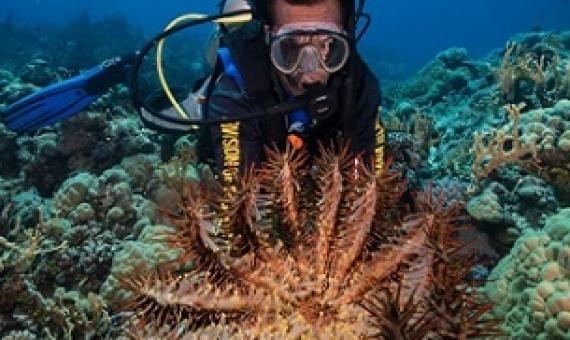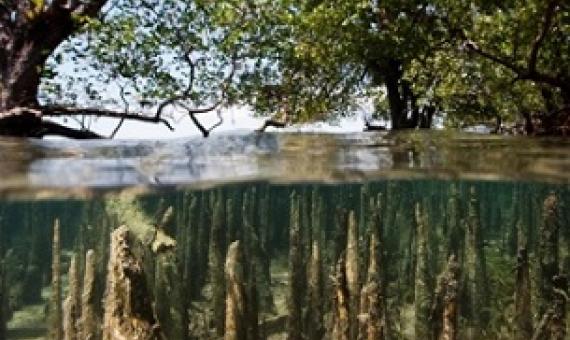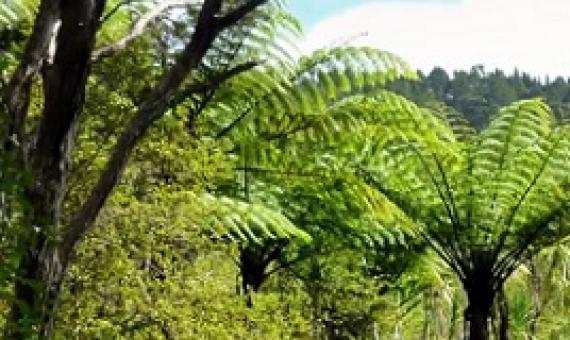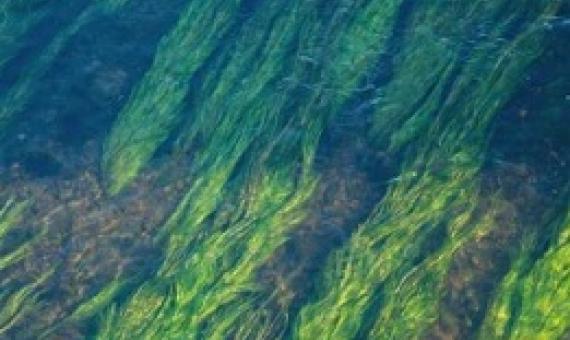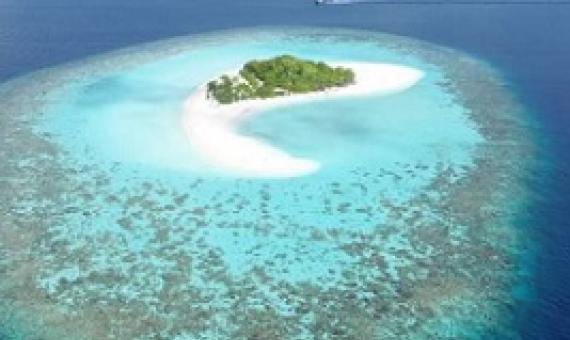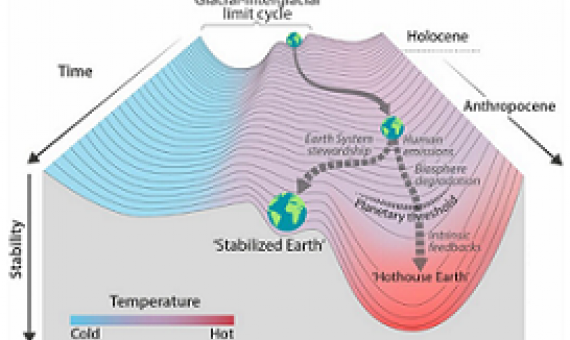While ocean acidification was initially perceived as a threat only to the marine realm, the authors of a new publication argue that it is also an emerging human health issue...In a recent article in the International Journal of Environmental Research and Public Health, scientists lo
A new study by the Marine Laboratory at the University of Guam may help researchers predict coral bleaching months earlier than current methods, and may even help predict the invasion of coral-eating crown-of-thorns starfish, according to a press release from the University of Guam.
This year, the 197 Parties to the Paris Agreement are updating their domestic climate commitments, known as Nationally Determined Contributions (NDCs), to reduce global emissions and climate change impacts...Recognition is growing across governments that nature-based solutions, which the Internat
IUCN invites you to submit a Proposal for the Preparation of GCF Full Proposal Documents for the Melanesia Coastal and Marine Ecosystem Resilience Programme...The successful consultants will have a team of people to conduct feasibility studies and climate studies to write
They contribute only 0.03% of global carbon emissions, but small island developing states, particularly in the Pacific, are at extreme risk to the threats of climate change. Our study, published today in the journal Nature Climate Change, provides the first mega-assessment on
Large-scale reforestation projects such as New Zealand’s One Billion Trees programme are underway in many countries to help sequester carbon from the atmosphere.
The Pacific Islands Forum Fisheries Agency (FFA) has hosted a one-day online discussion today on the impacts of Climate Change on Offshore Fisheries. The meeting is part of the Secretariat’s work programme emanating from Forum Fisheries Ministers.
Seagrass meadows can be a powerful nature-based climate solution and help sustain communities hard-hit by stressors such as the COVID-19 pandemic, but these important ecosystems continue to decline.
Coral reef islands across the world could naturally adapt to survive the impact of rising sea levels, according to new research.
Australia’s top climate scientist says “we are already deep into the trajectory towards collapse” of civilisation, which may now be inevitable because 9 of the 15 known global climate tipping points that regulate the state of the planet have been activated.


